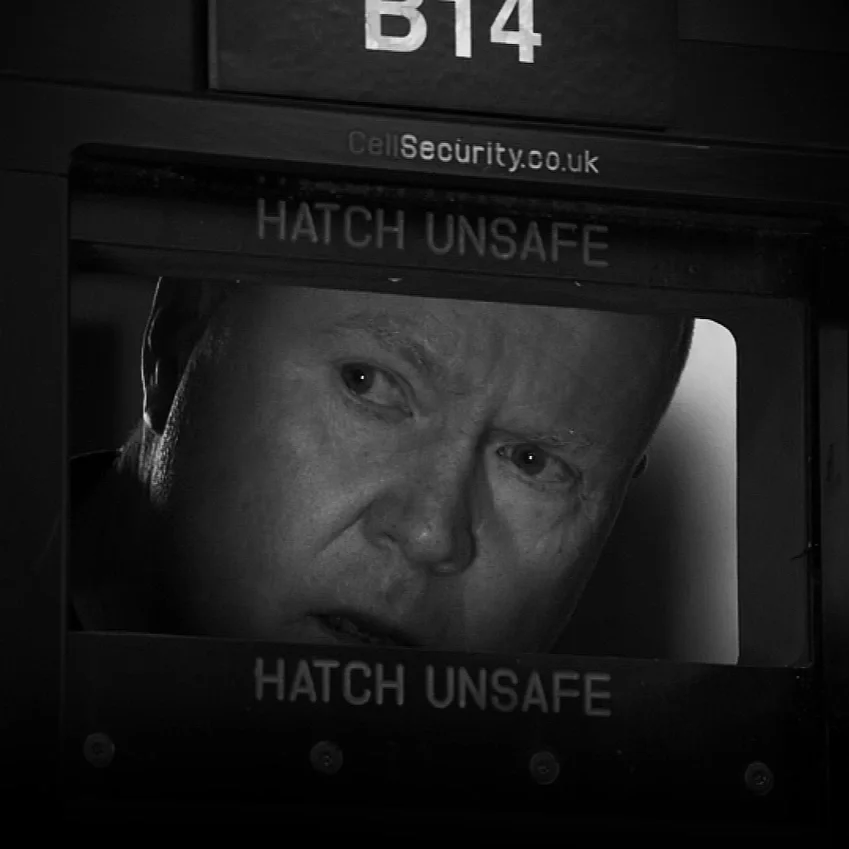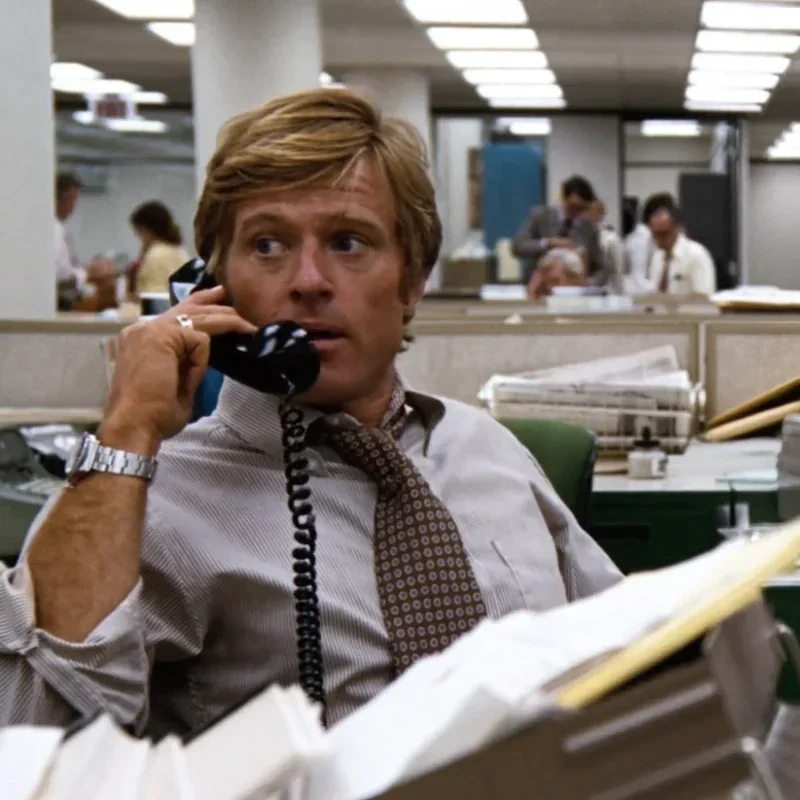Serendipitous Discovery

Over the past few weeks we’ve talked a lot about world building, dreams, and both the utopian promise and dystopian nightmare brought about by generative artificial intelligence. For me, much of this coalesces around the movies, which we’ve often touched on in terms of science fiction, but not spent too much time with in the specifics. We’ve always accepted the artifice and theater of such performances, but as digital production accelerates and becomes closely tied to box-office outcomes, where might those ethical lines start to be drawn in the role of acting itself?
In particular, I think of two things. First, the visualization of artificial intelligence itself in films like Her, The Terminator, Blade Runner or the self-preserving HAL in Kubrick’s 2001: A Space Odyssey. Very often these movies depict a technology which has cast off human control, and has autonomously run away with itself, moving from utopian co-pilot to murderous antagonist. One of the things I’ve explored in parallel to the class is the ability for AI to generate its own movie reviews, and what you’re seeing here is a meta-narrative where ChatGPT4 and MidJourney have been used to create a realistic movie review of Spielberg’s movie Artificial Intelligence. I’ll add the link in the notes below so you can check it out.
And secondly, the role of artificial intelligence in the movies themselves. We’re increasingly accustomed to the normalization of digital de-aging, but the rubicon crossed by digital resurrection seems much harder. We’re comfortable with a younger Luke Skywalker or Indiana Jones, but here we swiftly run into the difference between can and should. We see this in the Star Wars movie Rogue One, where Peter Cushing is digitally resurrected, but what if it was someone from earlier in movie history? I’ll include some links in my notes so that you can further your research on this should you be interested, but what are the issues of creatively responsible AI and who might they apply to? That’s my question for the class. Now that we can bring actors back from the dead, should we? Now that that we can digitally create a new Marilyn Monroe movie, should we? And who gets to decide something like this?




































